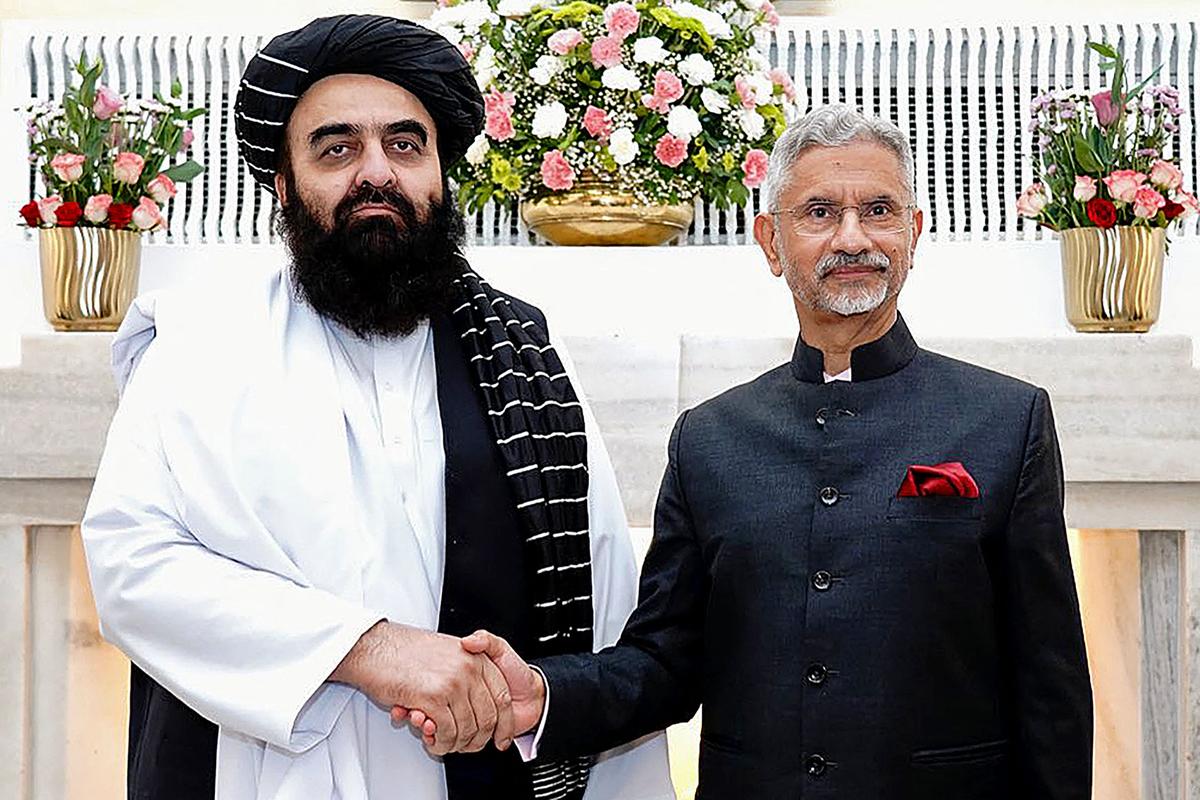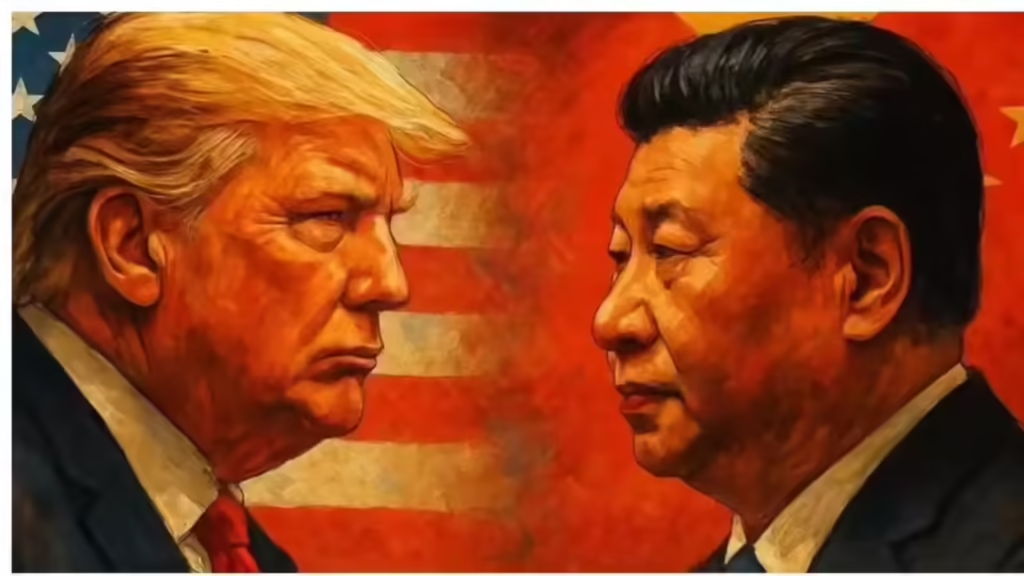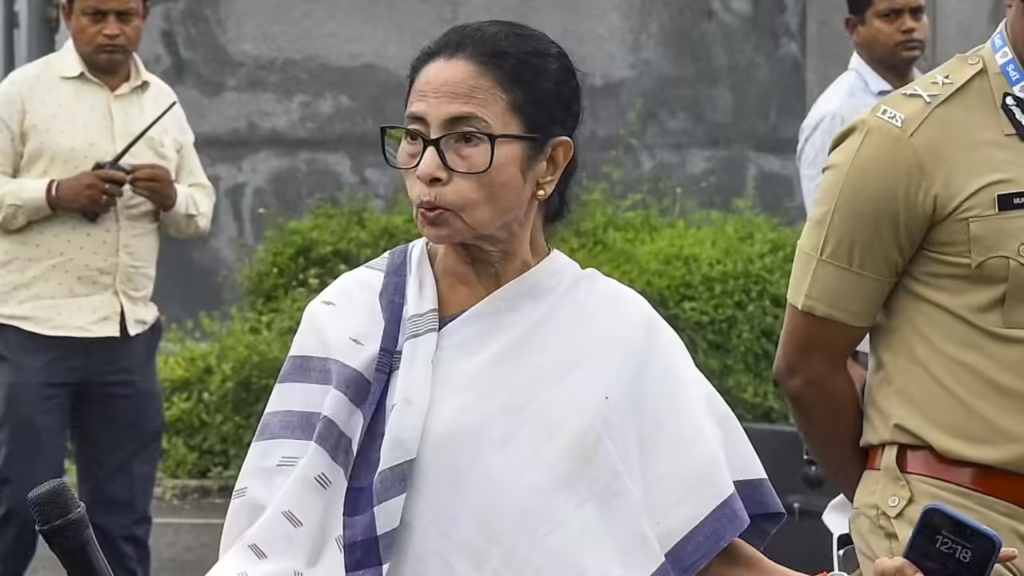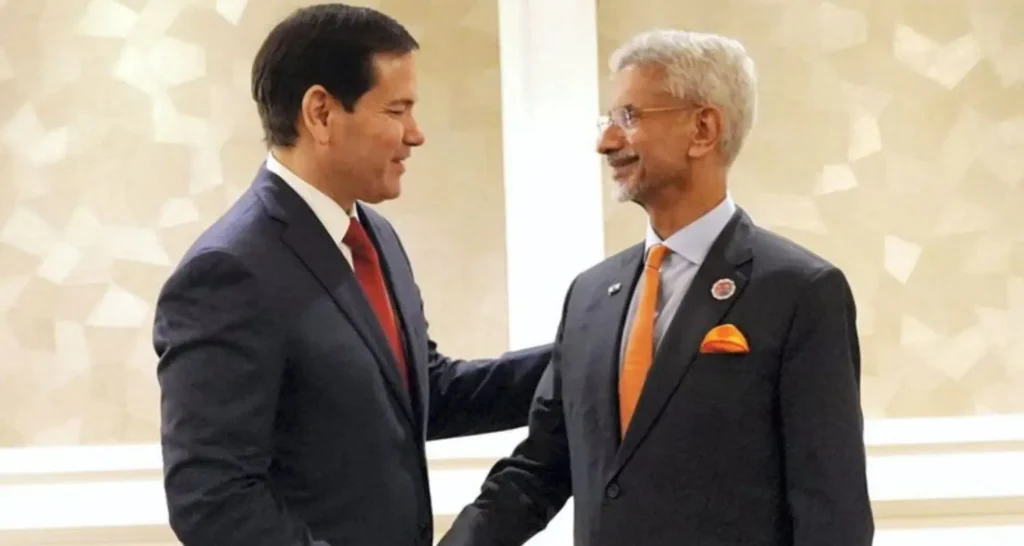Now Reading: Taliban Foreign Minister Faces Questions on Women’s Rights During Press Conference in Delhi
-
01
Taliban Foreign Minister Faces Questions on Women’s Rights During Press Conference in Delhi
Taliban Foreign Minister Faces Questions on Women’s Rights During Press Conference in Delhi

Afghanistan’s Foreign Minister, Amir Khan Muttaqi, addressed a press conference in New Delhi on Sunday, marking a rare instance of direct engagement between the Taliban and the Indian media. The event was notable not only for its diplomatic significance but also for the presence of female journalists, a departure from the exclusion observed in a previous press interaction in Delhi. ThePrint
Addressing the Absence of Female Journalists
During the conference, a journalist inquired about the total absence of female journalists at a prior press conference held at the Afghan Embassy in Delhi, which had sparked controversy. Muttaqi attributed the exclusion to a “technical issue,” stating that it was not intentional. He emphasized that the Taliban does not consider education for girls to be “haram” (forbidden), suggesting a potential shift in the group’s stance on women’s education. ThePrint
Controversy and Criticism
The earlier exclusion of female journalists had drawn widespread criticism from various quarters. Journalists and activists condemned the move as a reflection of the Taliban’s ongoing gender discrimination, even on foreign soil. The incident raised questions about India’s role in hosting such events and whether it should impose conditions to ensure the inclusion of women in diplomatic engagements. India Today
Implications for International Relations
The Taliban’s engagement with the Indian media, particularly the inclusion of female journalists, signals a potential shift in the group’s approach to international relations and media interactions. However, the controversy surrounding the earlier exclusion highlights the complexities of balancing diplomatic engagement with human rights considerations. As global attention remains focused on Afghanistan’s human rights record, especially concerning women’s rights, such incidents continue to shape the discourse on international diplomacy and ethical engagement.
Conclusion
The press conference in New Delhi, attended by female journalists, represents a significant moment in the evolving dynamics between the Taliban and the international community. While the inclusion of women in the dialogue is a positive development, the preceding exclusion underscores the challenges that persist in advocating for gender equality and human rights in diplomatic settings. As the situation unfolds, it remains to be seen whether this incident marks the beginning of a more inclusive approach by the Taliban or if it was merely a response to external pressure.

























